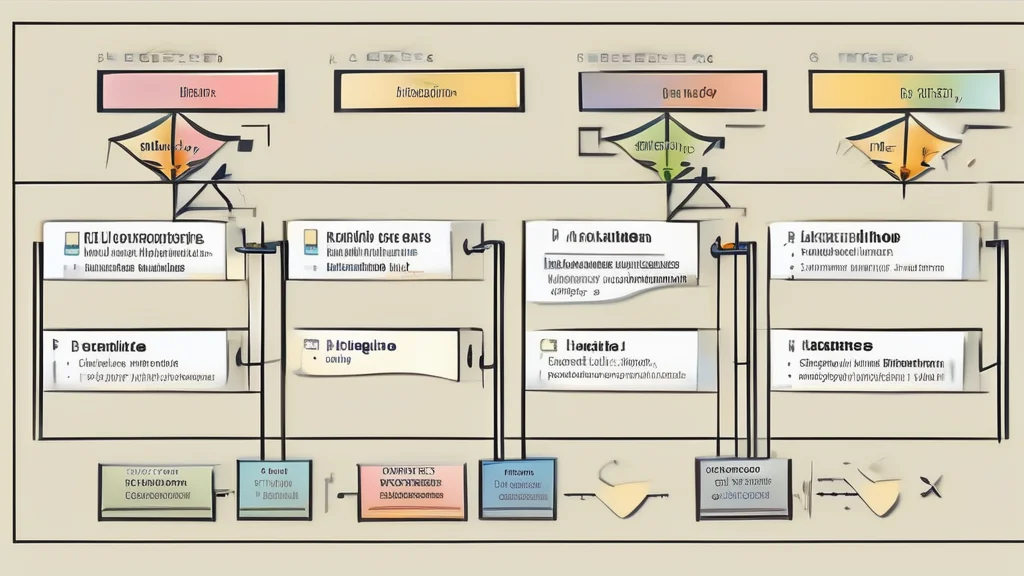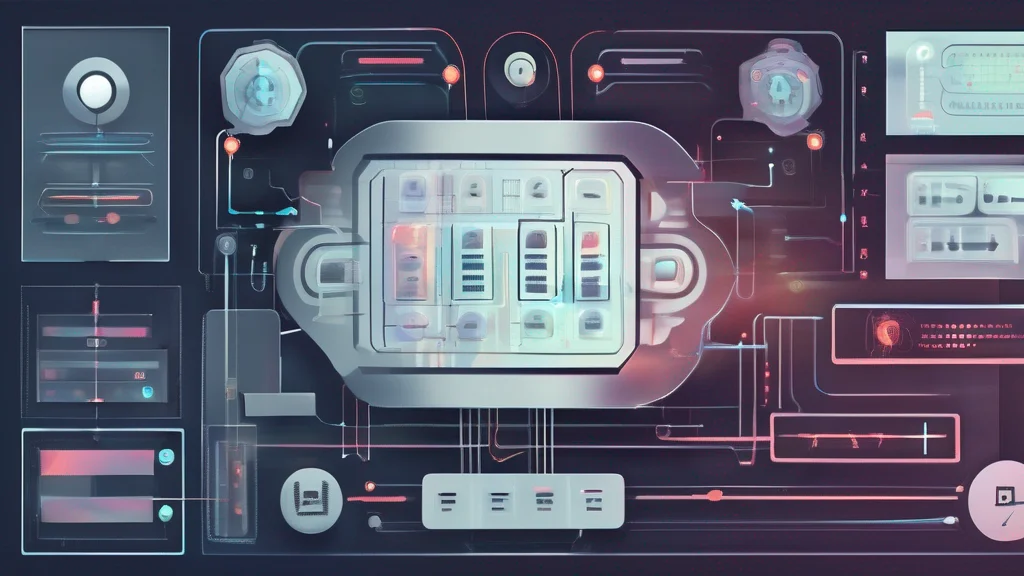Type-Level Programming for Safer Resource Management
- Understand type-level programming in Haskell.
- Explore a type-safe database API example.
- Learn how to prevent common transaction errors.
- Address limitations of type-level programming.
- Enhance API ergonomics with wrapper functions.
In the realm of software development, particularly in languages like Haskell, type-level programming offers a promising approach to ensuring safer resource management. By leveraging the power of type systems, developers can enforce correct usage patterns at compile time, thereby reducing runtime errors and enhancing code reliability. This technique is particularly useful in scenarios involving transactions, locking mechanisms, and memory management. In this article, we delve into the intricacies of type-level programming in Haskell, examining its benefits, limitations, and potential applications.










